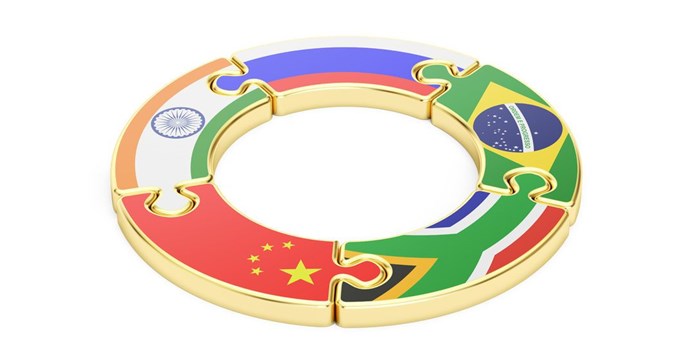Research shows BRICS has established itself as a global brand

Said Dr Petrus de Kock, general manager for research with Brand South Africa: “In an ironic twist of geopolitical fate in the 21st century, the five developing nations of BRICS have become advocates of free global trade and of globalisation, promoters of protection for the environment in light of global climate challenges and a force that advances the cause of an integrated, international, multipolar international order.”
In a research report released this week and entitled, The BRICS Brand: from economic concept to institution of global governance, Brand South Africa examined whether the BRICS alliance could be approached or analysed as an emerging institution of global governance and therefore a brand in its own right.
The research explored how the increased formalisation of intra- and inter-BRICS interactions, the establishment of institutions such as the BRICS New Development Bank and increased interaction on platforms such as the Business Council and Think Tank structures also lead to the development of the BRICS’ collective image.
Since inception and leading up to the 2018 BRICS Summit, the BRICS Research Group found that there have been more than 160 formal meetings between members and 60 documents that were implemented through working groups and coordination mechanisms.
Furthermore, between 2009 and 2017 BRICS nations have made a total of 406 commitments and implemented 70% of Summit decisions.
Diversity proved to be an asset
De Kock explained that the results were surprising. He said the research had disproved what sceptics argued, that due to the diverse nature of the member states’ internal composition, and geopolitical and economic policy objectives, the organisation would find it hard to cohere and develop.
The research has shown that the geographic and internal diversity of the member states are actually an asset that has served to strengthen cooperation while simultaneously increasing the soft power impact of the member states.
“The development of the BRICS brand takes place in a post-Global Financial Crisis world characterised by growing protectionism, trade wars and turbulent political change. The developments in the global economy and geopolitical environments play a major role in driving the search for strengthened, deepened and institutionalised BRICS interactions. BRICS nations have been bucking these global trends of anti-globalisation and counter-integrationist discourses and as a result, have anchored their own economies through the BRICS partnerships,” said De Kock.
The research report captured findings related to three specific aspects of the BRICS brand:
- The emergence of the BRICS as an institution in the global governance arena;
- How the institutionalisation of the BRICS contributes to the development of the BRICS brand; and
- How the BRICS brand presents a unique case of compound soft power or the multilateralisation of soft power?
“The BRICS countries connect 42% of the world’s population and are establishing new institutions and hosting conversations to create a world where bricks are there to build bridges of mutual understanding, and not create walls of division, conflict, exploitation, nationalism, prejudice, and exclusion,” concluded De Kock.
Source: IT News Africa

IT News Africa, established in 2008, is a leading provider of Africa focused ICT news and information aimed at technology professionals and businessmen.
Go to: http://www.itnewsafrica.com

























